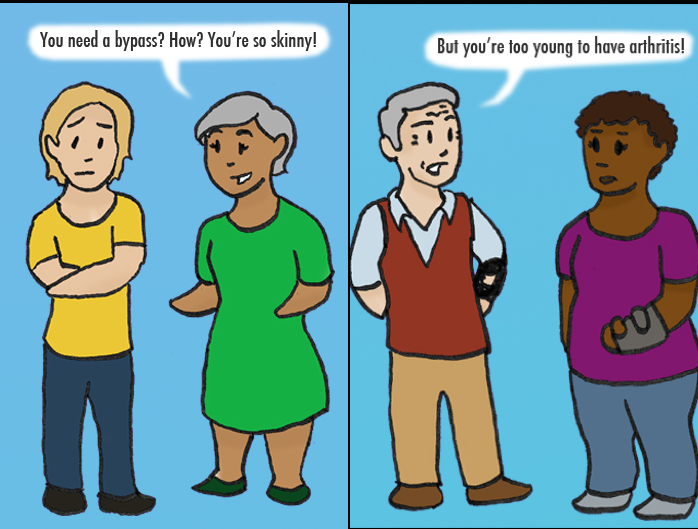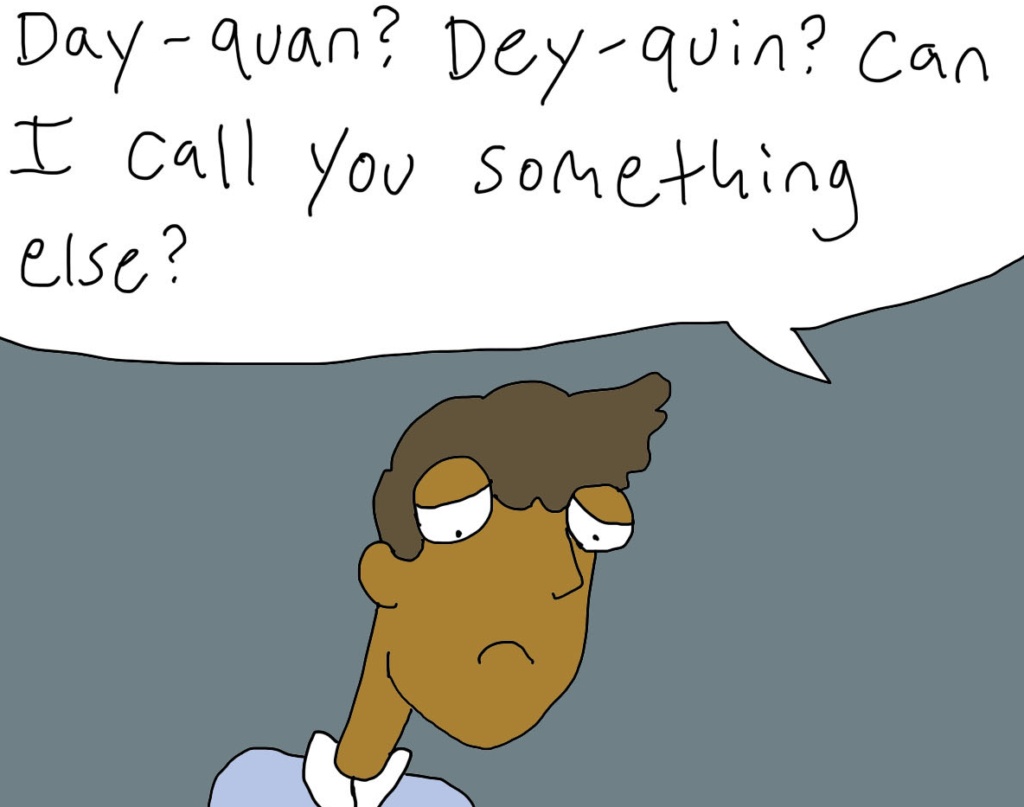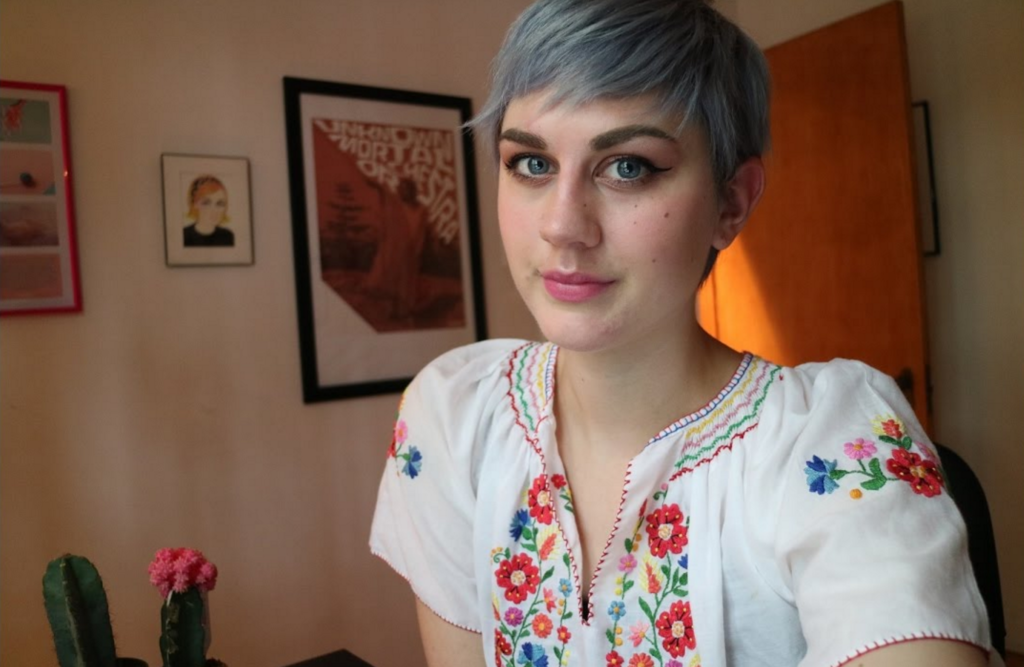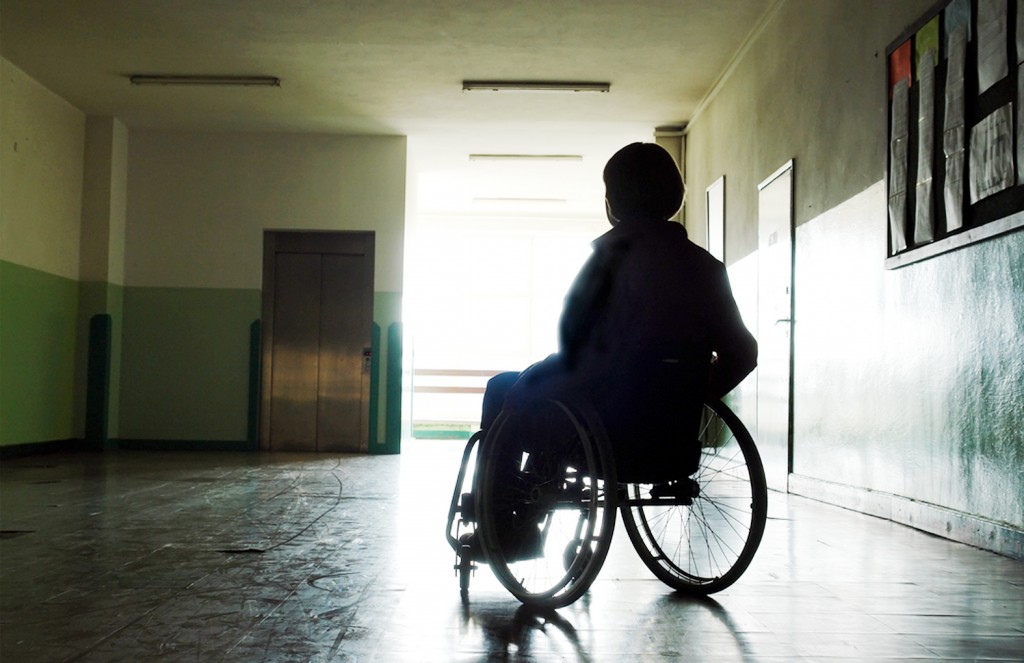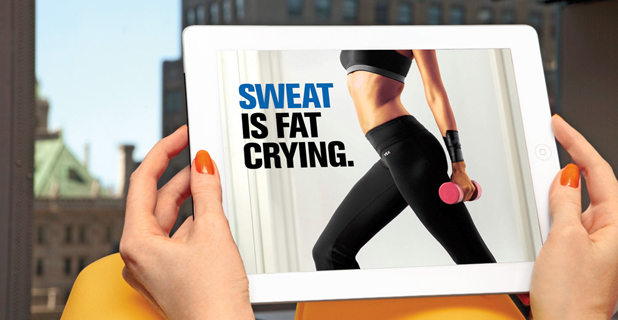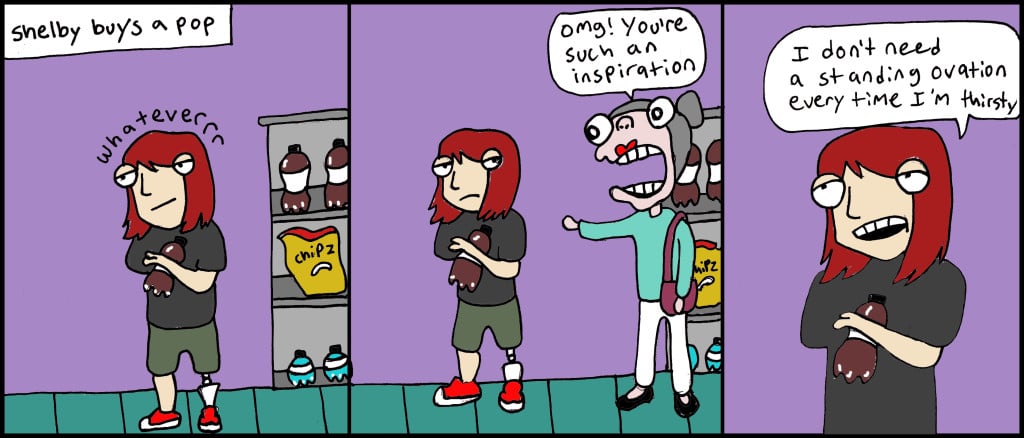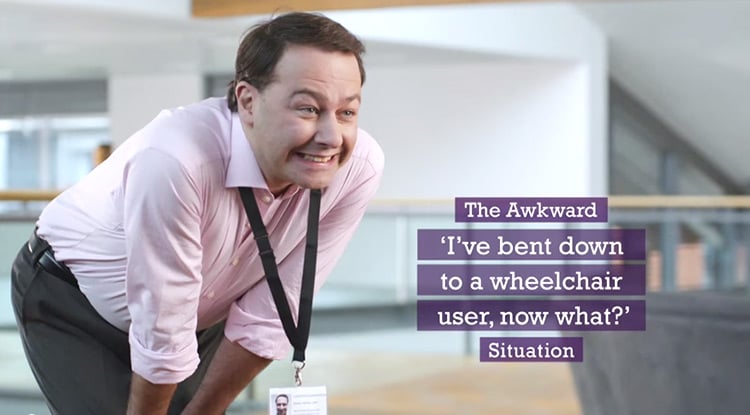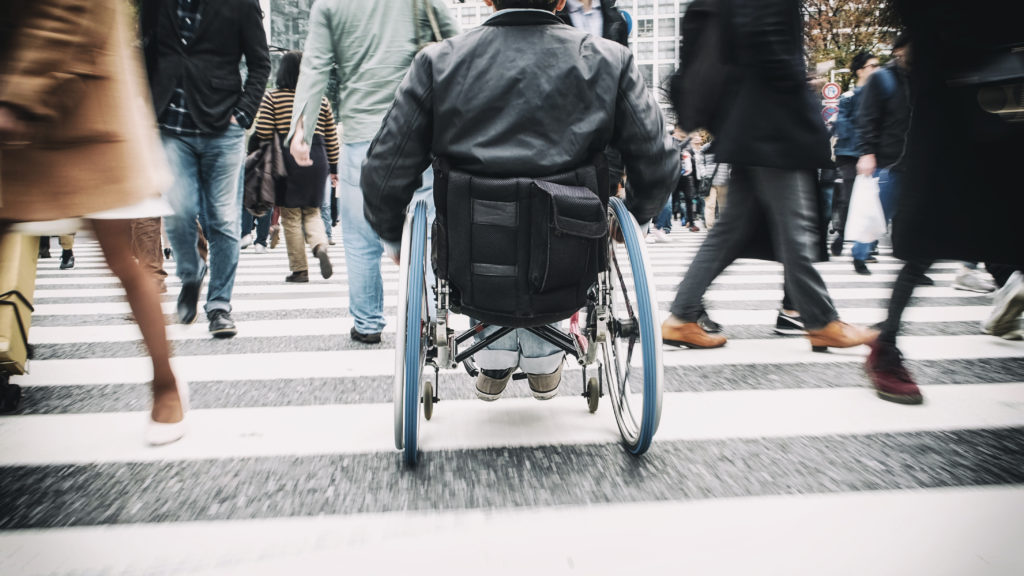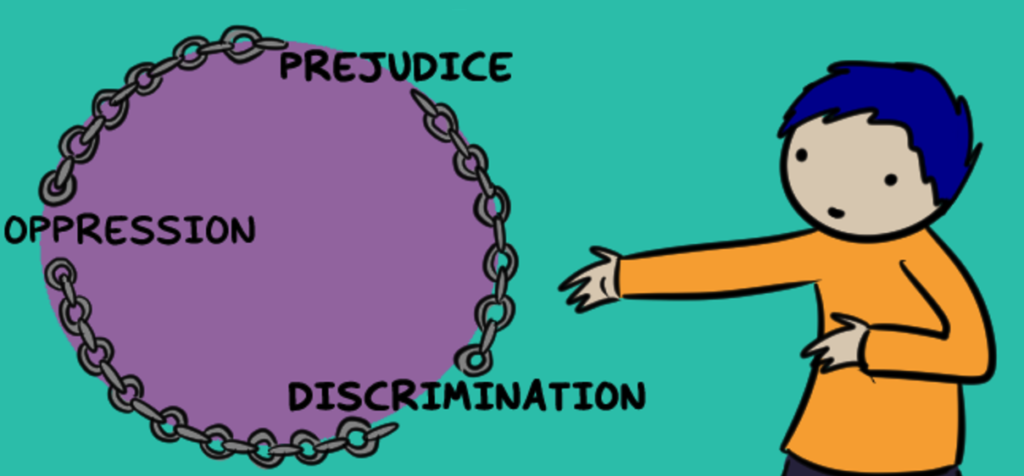Search results for: ableism
Do These People ‘Look Healthy’ to You? Here’s Why It Sucks to Judge Health by Appearance
Ever thought about how the phrase “at least your have your health” feels for someone with an invisible illness? This smart comic breaks it down to give you a much more supportive outlook on what health really means.
Read More4 Important Reasons Why Disability Visibility Matters
This author’s actively choosing to be visibly disabled. What does that mean? Read this and you’ll know why disability visibility is an act of radical love.
Read More6 Subtle Microaggressions That Show Up in College – And Their Simple Solutions
Everyday examples of classism, ableism, and more – these shouldn’t be part of the college experience, so here’s how we can avoid these microaggressions.
Read More4 Ways to Be an Ally to People with Invisible Disabilities
We can’t determine who has a disability simply from appearance. So how can we be allies in everyday life for people with invisible disabilities? These will help.
Read More20+ Struggles Mentally Ill People Face in Colleges and Universities
Dealing with the symptoms of mental illness can be hard enough – and these examples of ableism on campus make college even tougher for students.
Read MoreMisogyny Against Black and Brown Women and Femmes is still Celebrated
This article was originally published on Wear Your Voice and republished here with the author’s permission. The other day as I was riding the subway, I saw an advertisement for a new television series centering on Natalee Holloway, the 18-year-old who disappeared when she was on a high school graduation to Aruba in May 2005. The case is…
Read MoreHow to Help the Cause When You Need to Help Yourself
“How can I be of any help to any cause when I’m truly mentally sick?” If you have mental health struggles like she does, try these approaches to activism.
Read MoreIs Feminism a Movement Just for Women – Or Is It About All Forms of Oppression?
Is there one definition of feminism that’s more accurate than the other? Celia Edell explains two different uses of the term “feminism” – and what we can learn from them.
Read More3 Ways Popular Horror Movie Tropes Are Ableist
If you think it’s “just a movie” when horror movies use asylum tropes, you need to read this author’s account on how these tropes have a very real, very scary impact on mentally disabled and neurodivergent folks.
Read More4 Ways to Help Stop Hate Crimes Against People with Disabilities
“She doesn’t make a good witness.” I will never forget those words. This was one of the first instances that made me take a serious look at my privilege as an able-bodied person. It took seeing a survivor of a violent crime being told that she would never see justice because of her disability. This is a serious problem. So how can we work to solve it?
Read More5 Reasons Fitspo Is Bad for Your Health
(Trigger Warning: Body Image) According to Glamour, “Fitspo refers to images and words that women post with the purpose of inspiring themselves and others to live a fit, active life.” The problem that we see with fitspo, though, is that it looks too much like a not-so-cleverly-disguised thinspo. And these ideas that our bodies just aren’t good enough the way that they are is still dangerous.
Read More4 Ways the Animal Rights Movement Uses Human Bodies to Sell Animal Rights
This article was originally published in RESIST, a publication that is no longer in print, and cross-posted here. (Content warning: animal exploitation; examples of sexism, ableism; descriptions of women in sexually or domestically abusive situations) The animal rights community has a serious exploitation problem. I am never surprised to hear when a non-vegan believes that…
Read MoreShelby Buys a Pop and Rejects ‘Inspiration Porn’
“You’re such an inspiration!” is a great compliment, right? Not always. If you’re confused about why a disabled person might take it as an insult, you need to check out this comic. It shows how able-bodied people who use “inspiration porn” to feel good can actually make the harmful mistake of ostracizing disabled people. Get an idea of how this feels.
Read More13 Ways the US Government is Robbing Marginalized People of Their Votes
Do you think the elections are fair? This info on racism, classism, ableism and more through voter suppression proves that you’re being lied to.
Read More5 Things Not to Do When Interacting with Physically Disabled People
Do you know about the social barriers that can come with everyday ableism? This is a handy list of things to avoid doing when interacting with someone with a physical disability.
Read MoreThis Is Why Consent Doesn’t Exist For Disabled Folks
“Forced Intimacy” is a term I have been using for years to refer to the common, daily experience of disabled people being expected to share personal parts of ourselves to survive in an ableist world. This often takes the form of being expected to share (very) personal information with able bodied people to get basic…
Read MoreTraumatized and Trans: We Are Allowed to Be All Versions of Ourselves At Once
I want to start this by noting that I am by no means an expert on the study of trauma. I am, however, an expert of my own lived experiences. I am taking this opportunity to shed light on a topic that is rarely highlighted. I don’t believe there is a “right” or “wrong” answer…
Read More5 Things Not to Say to Someone Who’s Dropped Out of College or University
There’s a harmful idea that people with degrees are better than those without them – and you might be falling for it if you’d say these things to a college dropout.
Read MoreHaving Trouble Explaining Oppression? This Comic Can Do It for You
Do you know how to explain the difference between prejudice, discrimination, and oppression? Here’s a great explanation – with strategies for how to make a change!
Read More4 Harmful Ways We Dismiss Teenagers’ Mental Health Issues
“What do you have to be depressed about?” Many adults think young people’s mental health issues are just a phase of youth. Time to take them more seriously.
Read More

